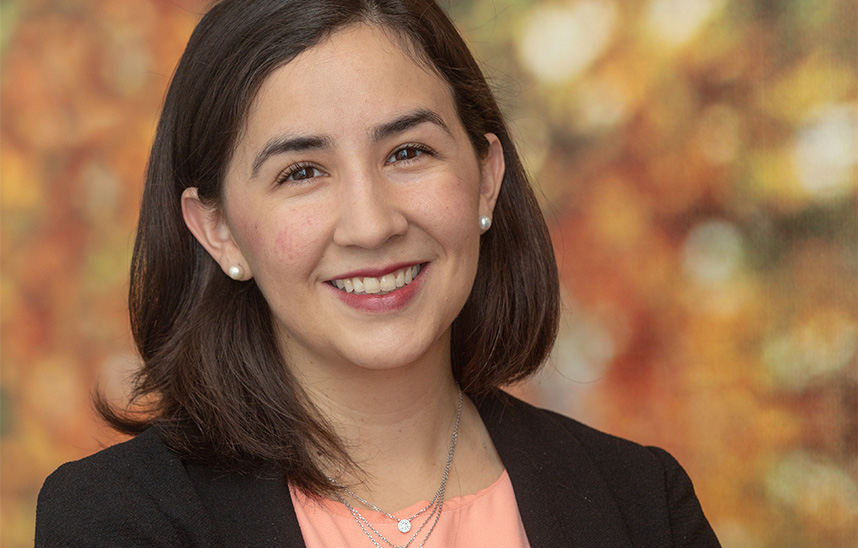"How much time young people spend using cell phones is related to their mental health, but it affects more what they use it for."
A research of the ICS of the University of Navarra reveals that 44% of 18-24 year olds use their cell phones to avoid uncomfortable thoughts.

PhotoManuelCastells/
27 | 08 | 2024
How do young people use their cell phones? What about social networks? Do they use them to communicate with others? To forget about their problems? What effect does this habit have on their mental health? And on their personal relationships? A study of the group 'Youth in transition' of the Institute for Culture and Society (ICS) of the University of Navarra has analyzed how the use of mobile is interrelated with the psychological well-being or discomfort of young Spaniards between 18 and 24 years of age, through different variables.
average According to research, young people spend167 minutes a day (2 hours and 47 minutes) on their social networks: 83% to communicate, 44% to avoid uncomfortable thoughts and 40% to see what their contacts are doing. As for the quality of relationships, 85% of respondents said they were (fairly or very) satisfied with their family and 88% were (fairly or very) satisfied with their friends.
The results reveal that "the time spent using the cell phone and psychological distress are related, but the effects are small," explains researcher Cecilia Serrano. core topic That is why it is important to analyze the motivations for use, especially when it is used to escape from uncomfortable thoughts, as well as the relational factor: "If we want to improve the emotional wellbeing of young people, we must focus on strengthening their relationships with family and friends. That brings much more than just reducing the amount of time spent on cell phones."
The research has used a nationally representative longitudinalsample , in which 1,684 people have participated in three waves between 2020 and 2022. The project, in which 3,600 person-year observations have been counted, will continue until the data of the fourth wave, collected in 2023, is analyzed.
Discomfort increases use, and use increases discomfort.
The study has been published in Journal of Social and staff Relationshipsunder the title degree scroll Social average and mental health: The role of interpersonal relationships and social average use motivations, in a nationally representative, longitudinal sample of Spanish emerging adults.. Through it, the researchers sought to better understand the relationship between cell phone use and mental health: "Historically we have looked at how much time young people spend there, but the relationship is much more complex and we have to take into account what it is used for. There is a bidirectionality of effects: discomfort increases use and use increases discomfort".
Thus, respondents were asked not only about the time they spent each day using their social networksInstagram, Facebook, Twitter, TikTok), but also with what goal (communicating with other people, finding out what they are doing or escaping from their worries). In addition, a standardized measure was applied to notice symptoms (not a clinical diagnosis) of depression and anxiety. The young people also rated their level of satisfaction with their family and friendship relationships and indicated their occupational status.
The researcher explains that they continue to study this field to "advance in this longitudinal line and see how to better measure the complexity of mobile use, taking into account the time of use, motivations and another subject of relationships. We are working on such more complete and comprehensive analyses." Their results can "help us take better measures, both educational and usage staff, and have more tools. Only if you have the full picture, you can do that."
